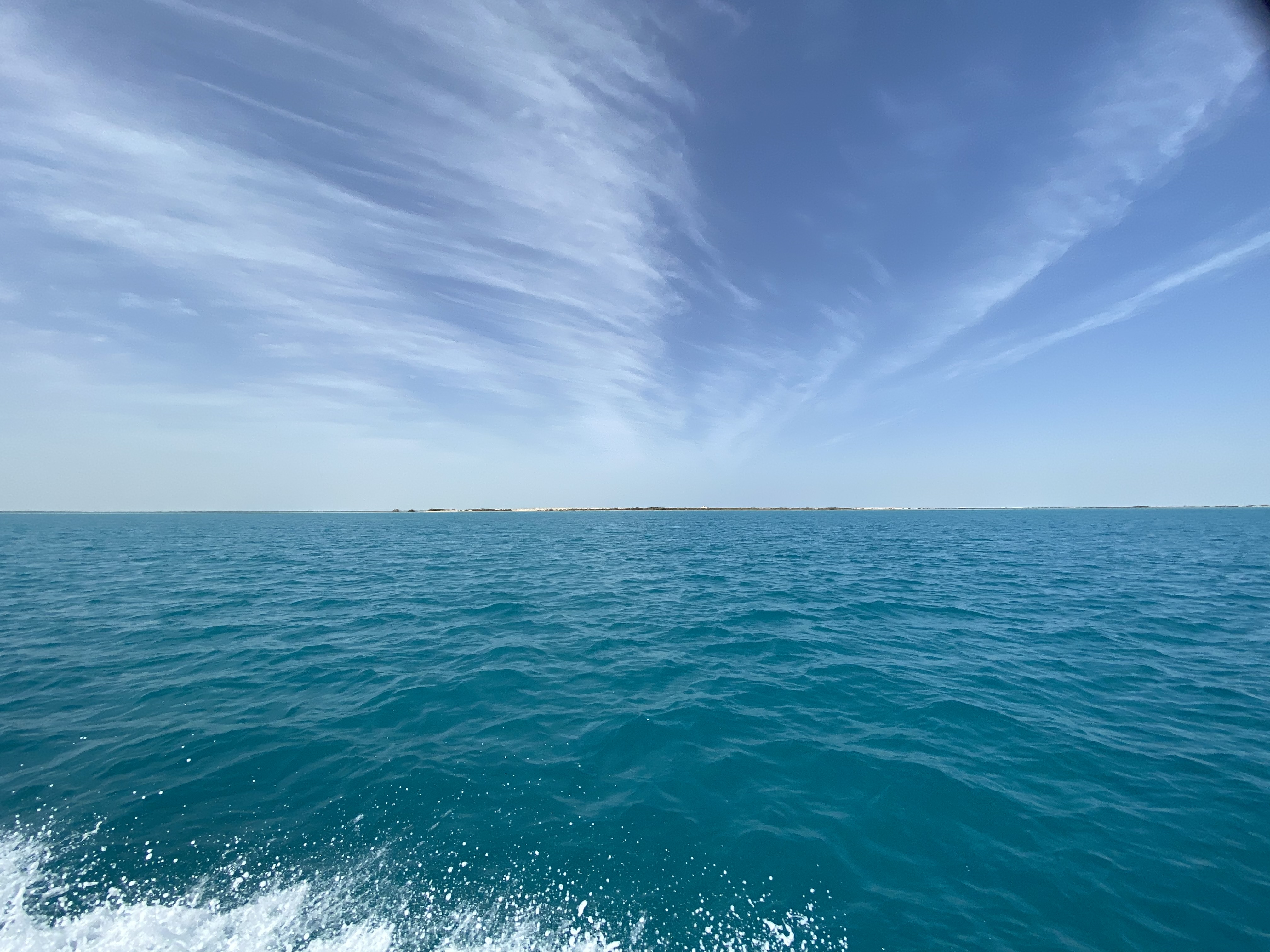Challenges and perspectives for the Brazilian semi-arid coast under global environmental changes
by
M.O. Soares, C.C. Campos, P.B.M. Carneiro, H.S. Barroso, R.V. Marins, C.E.P. Teixeira, M.O.B. Menezes, L.S. Pinheiro, M.B. Viana, C.V. Feitosa, J.I. Sánchez-Botero, L.E.A. Bezerra, C.A. Rocha-Barreira, H. Matthews-Cascon, F.O. Matos, A. Gorayeb, M.S. Cavalcante, M.F. Moro, S. Rossi, G. Belmonte, V.M.M. Melo, A.S. Rosado, G. Ramires, T.C.L. Tavares, T.M. Garcia
Scientific paper
Year:
2021
DOI:
10.1016/j.pecon.2021.06.001
Extra Information
Perspectives in Ecology and Conservation

